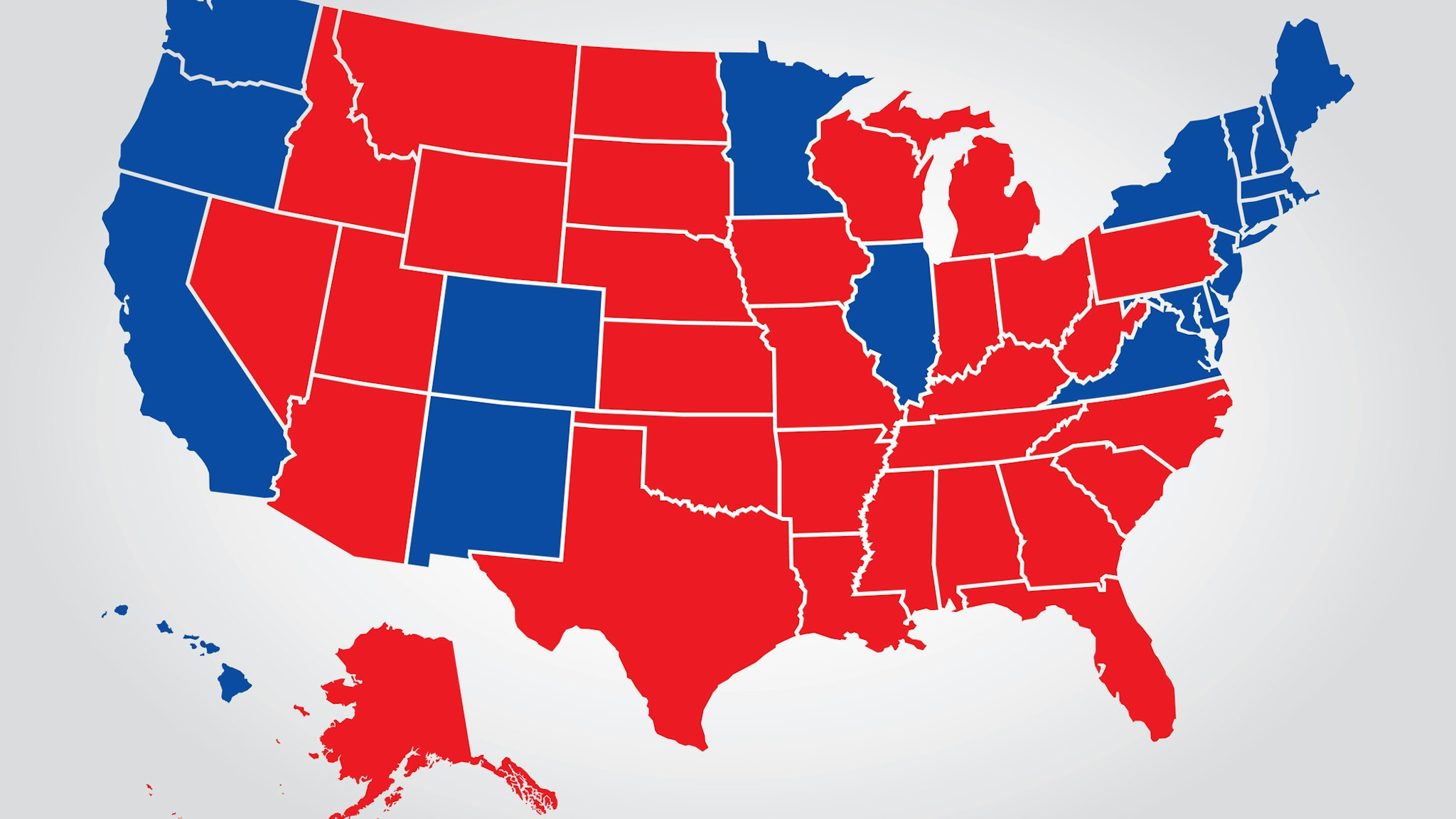The offense struggles to move down the field; the defense is there to stop them. How many yards a team rushes might say more about the relative quality of the teams than does the final score. After all, the score sometimes comes down to a gust of wind during a kick, or a ref’s questionable call. Usually the team with the most yards also has the most points and thus wins the game. But not always.
Last Sunday, the Denver Broncos rushed more yards than the Minnesota Vikings, but the Vikings won the game. Was this a football travesty? Is it time for Roger Goodell to change the rules? Of course not, but this is exactly the attitude of Electoral College critics.
Every presidential election since George Washington has been about winning the most electoral votes — those are the points. We the People cast our own votes within each state to determine which presidential candidate will get our state’s electoral votes. Each state has as many electoral votes as it has members of the U.S. House and Senate. To win, a candidate must get a majority of electoral votes (270 out of 538).
Just like the statisticians add up the total offense in a football game, the media adds up all the people’s votes from all the states to see how the candidates did by that measure. Most of the time, the candidate with the most “popular votes” also wins the most electoral votes and so wins the election. But not every time, as we learned in 2000 when George W. Bush beat Al Gore, and again in 2016 when Donald Trump beat Hillary Clinton.
Some people believe that’s a travesty, and they want to change the rules. But just like it is perfectly reasonable to decide football games by points scored, it also makes sense to elect presidents with the Electoral College. For one thing, many major countries use a similar two-step election process (most common is a parliamentary system, where the legislature elects the executive). The Electoral College forces candidates to get support from across the country, not just one region or a few giant cities. And it keeps states in charge of elections, which means presidents are not in charge of presidential elections.
Football would be a different game if winning meant gaining the most yards. It would not just mean that the Broncos would have won and the Vikings would have lost. Teams would change how they select players, how they train, and how they play.
National politics would change if the two-step, state-by-state system were ever thrown out and replaced with a one-step, direct election. It’s hard to predict all the changes, but easy to see that coastal population centers would get more attention and “flyover country” would get even more flown over. States would have to give up some of their control over elections, handing that power over to Washington, D.C. For the first time ever, we might need a nationwide recount — picture Florida in 2000 but across the entire country.
Fans of Hillary Clinton or the Broncos might wish, in the moment, for a different set of rules. But losing one contest is a bad reason to scrap a time-tested system. There are good reasons to stick with the Electoral College. The people who designed the Constitution did not want to put a handful of cities in charge of the presidency. And over time, the Electoral College has become highly democratic — at the state level. We all cast our ballots according to the one-person, one-vote rule within our own state. That democratic process, filtered through our states, decides who becomes president.
Trent England serves as executive vice president at the Oklahoma Council of Public Affairs, where he also is the David and Ann Brown Distinguished Fellow and directs the Save Our States project.

